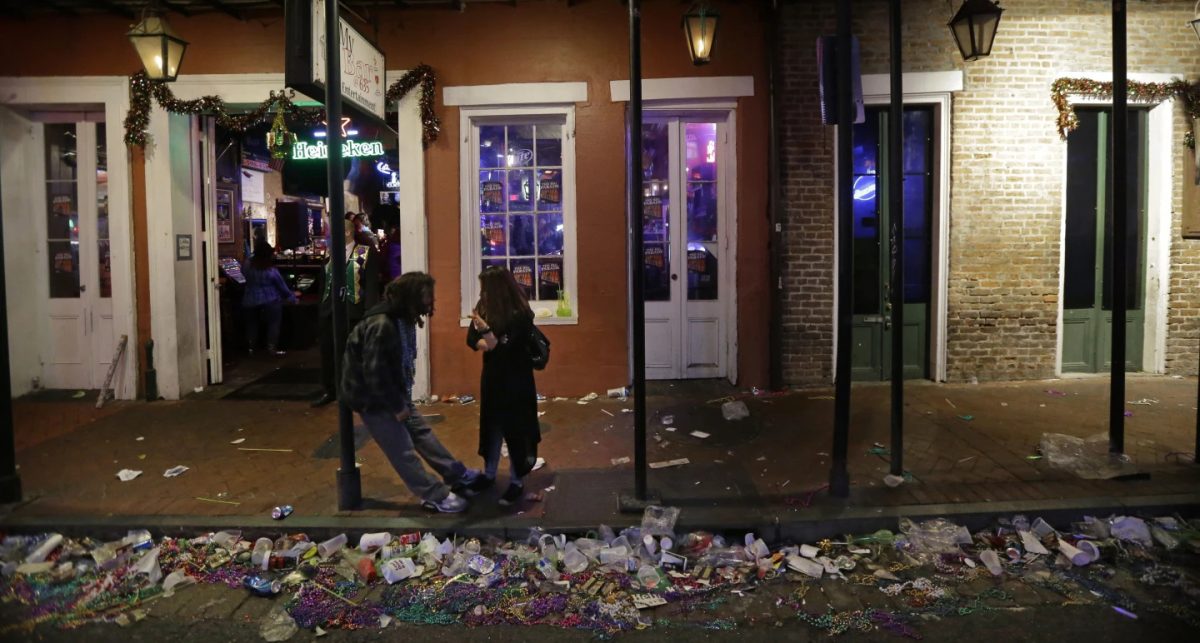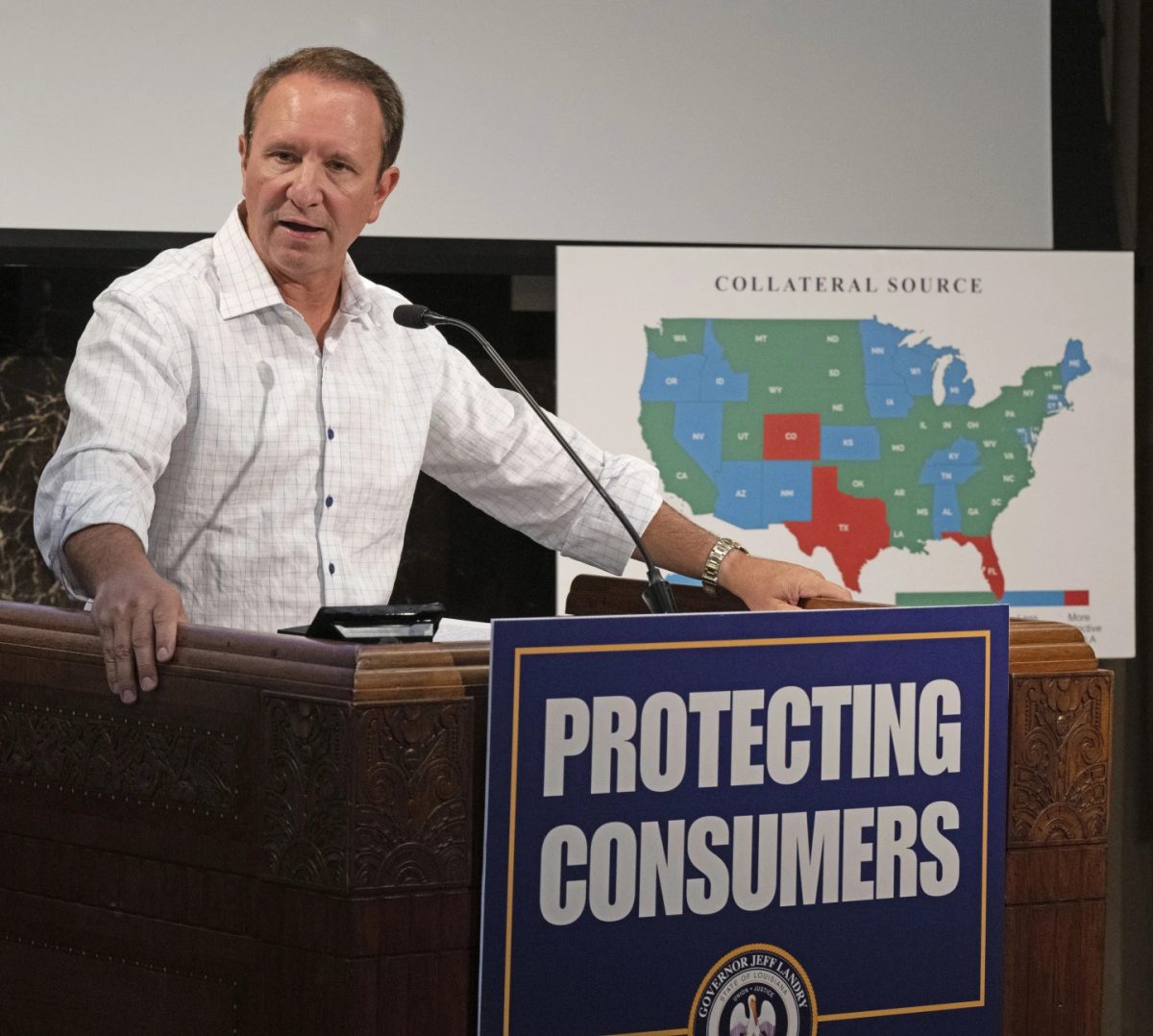Twitter is a great social media platform for breaking news, celebrity updates and memes. It is not the place for nuanced discussion. Several weeks ago, I stumbled across a thread of people arguing over whether it’s OK to jog outdoors without a mask.
Even though the CDC says that provided a berth of at least six feet, high-intensity exercises can be done outdoors without a mask, some Twitter users believe stepping outside unmasked to be an act of violence and claimed they would continue yelling at anyone they saw doing so.
To be clear, I agree that masks should be worn any time you are within six feet of a stranger. I’d much rather live in a world full of these everything-gives-you-COVID-19 zealots than with any number of anti-maskers, as this pandemic would certainly not have lasted as long as it has if that were the case.
Nevertheless, the self-righteous COVID-19 police, constantly virtue-signaling online to prove they’ve been safer and more willing to make sacrifices than anyone else, are annoying.
Besides the dubious credibility of many of their claims — have they really not left their homes or talked to other humans in person since March? — they also promote practices that are ultimately detrimental to the hope of actually surviving this pandemic with some semblance of mental stability left over.
Humans are not wired for long-term isolation. Maybe there’s a hermit in a mountain cave somewhere who can write in to disagree with me, but ultimately, the majority of us need human contact to stay sane.
Robust social networks help to improve self-esteem, reduce depressive symptoms and manage stress. A healthy social life can even improve physical health, with proven links between a “low quality or quantity of social ties” and increased rates of cardiovascular disease, cancer and slow healing.
The need for socialization is so fundamental that the listed benefits seem almost too obvious to even be worth mentioning. Yet when I see people bragging online about how infrequently they’ve made contact with friends in the past year and being outraged that others are struggling to do the same, I wonder how far deep within themselves they have buried their suffering.
By making it seem like there is only one correct way to forge through this pandemic (a way that requires complete seclusion, no less), these COVID-19 extremists discourage any conversation surrounding more realistic ways to remain healthy during the pandemic.
By lumping a park hangout with a friend and a crowded rave into the same category of impermissible risky behaviors, they make people like myself feel guilty for just trying to stay afloat.
These virtuous online claims reek of an elitism that assumes everyone has the privilege to stay home and use the pandemic as an opportunity for leisure. These people can order delivery and buy their groceries online only because a DoorDash worker drove to a restaurant for them and an Amazon employee clocked in at a fulfillment center. Not everyone is choosing to go outside out of reckless frivolity — some are just trying to survive.
Maybe assuming that these COVID-19 shamers are truly being as safe as they claim is too generous of me. More than once I’ve seen someone shame others on Twitter for being at a party, only to later post a video from a tailgate on their Snapchat story.
The virtue-signaling from online users pushing extreme measures to combat COVID-19, and their claims to be doing so easily, is nothing more than typical social media posturing.
Everyone is struggling right now, and pretending otherwise for some kind of online social currency does nothing but alienate the rest of us.
Cécile Girard is a 21-year-old psychology junior from Lake Charles.







